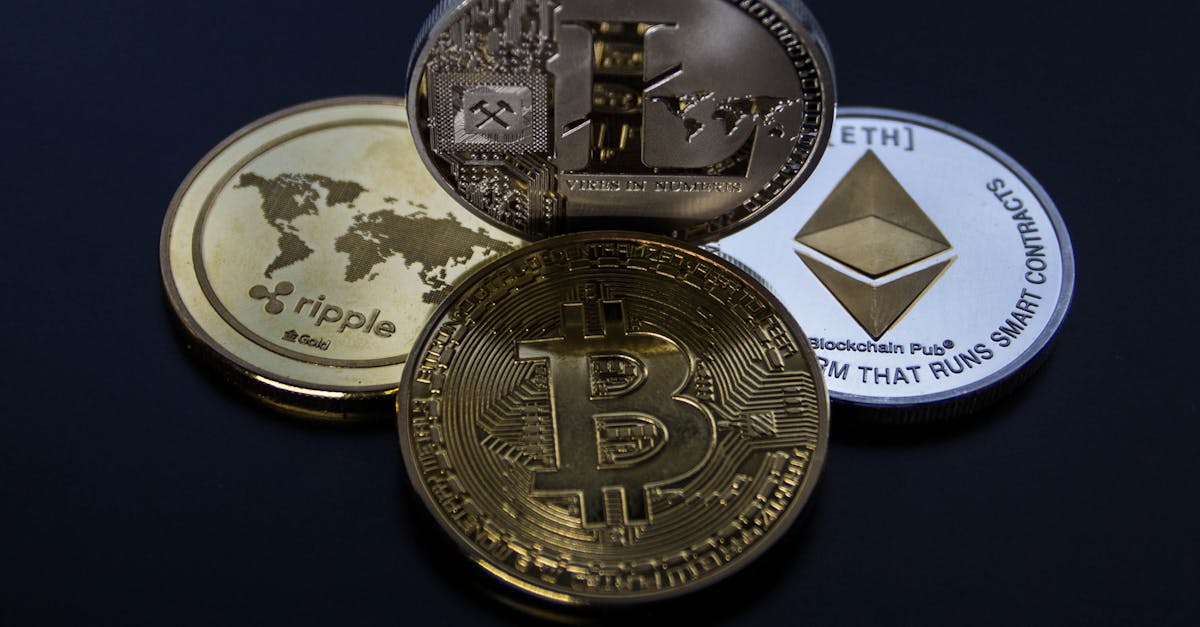Fintech Blitz Igniting The Digital Payment Revolution
Introduction
In recent years, the financial technology (Fintech) sector has dramatically reshaped the landscape of how we conduct transactions and manage money globally. From startups to banking giants, the focus on developing innovative yet accessible digital payment solutions has intensified, sparking what many describe as a Fintech Blitz. This transformation is not just about technology; it's about enhancing financial inclusivity, security, and efficiency. Mobile payments, online banking, and peer-to-peer lending are all becoming mainstream, indicating a significant cultural shift. As we witness this surge, we're also experiencing shifts in consumer behaviors, regulatory landscapes, and competitive financial models. So, what exactly is fueling this rapid evolution, and what can we expect moving forward?
Advertisement
Fintech Innovation Catalyzing Change
The Fintech Blitz highlights the profound impact that technological advancements have on the financial sector, particularly in digital payments. Financial technology companies are employing cutting-edge innovations, such as blockchain, artificial intelligence, and biometric systems, to enhance user experience and security. As these tools evolve, consumer expectations rise, encouraging more businesses to adopt digital payment systems. Moreover, tech-savvy startups are creating solutions that cater to previously underserved populations, democratizing access to financial services. This technological revolution is transforming traditional banking, facilitating real-time payments, reducing transaction costs, and streamlining cross-border transfers.
Advertisement
Rise of Mobile Payments
The proliferation of smartphones has catalyzed the adoption of mobile payments around the world. From Apple Pay to AliPay, digital wallets have become integral to the financial ecosystem, enabling users to perform seamless transactions with a simple tap. The convenience of mobile payment solutions has led to their widespread acceptance among consumers and businesses alike. The pandemic accelerated this trend as cashless transactions became not just favored, but necessary. In emerging markets, mobile payments have spurred economic activity by offering individuals without bank accounts the ability to participate in the digital economy.
Advertisement
Accelerating E-commerce Growth
The intersection between Fintech and e-commerce has been instrumental in revolutionizing digital payments. Shopping online has become more intuitive and secure thanks to Fintech innovations that simplify checkout processes and safeguard customer information. Payment gateways and digital wallets are reducing cart abandonment rates by allowing customers to complete transactions effortlessly. This synergy has been paramount in supporting the boom of e-commerce platforms, creating a more integrated shopping experience that caters to the demands of the globally connected consumer. The shift towards omnichannel retail strategies further underscores the importance of innovative Fintech solutions.
Advertisement
Impact of Blockchain Technology
Blockchain technology has emerged as a pivotal force in reshaping digital payments, offering transparency and security. Cryptocurrencies like Bitcoin and Ethereum are gaining acceptance, challenging traditional currency dynamics and introducing decentralized financial systems. Blockchain's potential extends beyond digital currencies; it's being explored in smart contracts, supply chain finance, and identity verification systems. The immutable nature of blockchain adds a layer of trust, minimizing fraud and increasing operational efficiency. As regulators begin to understand and engage with this technology, the financial landscape could undergo even more transformative shifts.
Advertisement
Embracing Artificial Intelligence
Artificial Intelligence (AI) is enhancing the Fintech industry's ability to analyze data, identify patterns, and predict trends. AI-powered chatbots and virtual assistants are redefining customer service experiences by offering personalized support 24/7. Predictive analytics helps financial institutions make data-driven decisions, from lending assessments to risk management. As AI algorithms continue to improve, they provide valuable insights that drive innovation and efficiency within digital payment platforms. The collaboration between human intelligence and AI leads to better fraud detection systems, customer profiling, and customized financial offers.
Advertisement
Regulatory Challenges and Opportunities
The rapid advancements in Fintech have presented new regulatory challenges and opportunities. Governments and regulatory bodies worldwide are grappling with how best to oversee this swiftly changing landscape. Regulators strive to balance the need for innovation with consumer protection and market stability. The introduction of frameworks, like Europe's PSD2 and the US's Open Banking initiatives, foster competition and transparency. While regulations can pose hurdles, they also provide a pathway for creating unified standards that promote global cooperation and trust in digital payment systems.
Advertisement
Fintech Democratizing Financial Services
Beyond technological marvels, Fintech is playing a crucial role in financial inclusion. By offering low-cost, efficient solutions, digital payment platforms empower marginalized and underserved communities with access to financial services. Microloans, peer-to-peer lending, and neobanking are critical solutions that address the barriers traditional banking models present. Moreover, Fintech's ability to offer real-time financial insights equips users to make informed decisions, improve personal finance management, and ultimately build wealth. These efforts support the global goals of reducing poverty and promoting economic equality.
Advertisement
Future Trends in Digital Payments
The digital payment ecosystem is poised for continuous evolution, driven by emerging trends. The integration of Internet of Things (IoT) is expected to further transform consumer interactions with payment systems. Voice-activated payments and the rise of biometric authentication solutions highlight the shift towards seamless, frictionless transactions. Additionally, central banks are exploring the development of state-backed digital currencies (CBDCs) that could revolutionize national currencies' nature and operations. As innovation escalates, the financial services landscape will continue to evolve, presenting both challenges and opportunities for stakeholders.
Advertisement
Conclusion
The Fintech Blitz is not just a fleeting moment; it's a reflection of a seismic shift rewriting the rules of financial engagement. As digital payment solutions become more sophisticated, they redefine how individuals and businesses perceive and interact with money. While challenges remain, the benefits of increased accessibility, enhanced security, and innovative financial models are hard to overlook. The ongoing Fintech explosion promises to perpetuate unprecedented changes, fostering a global economy that is both inclusive and progressive. As we continuously adapt to these advancements, staying informed and agile will be key in embracing the future of money.
Advertisement


